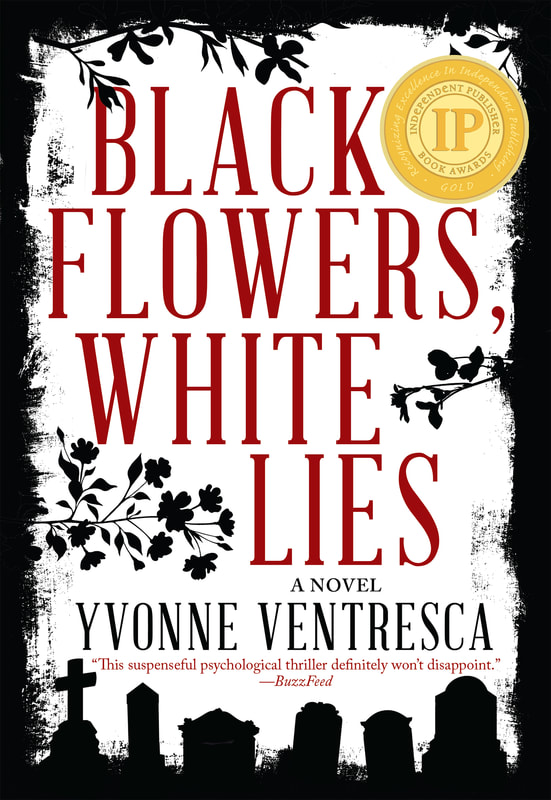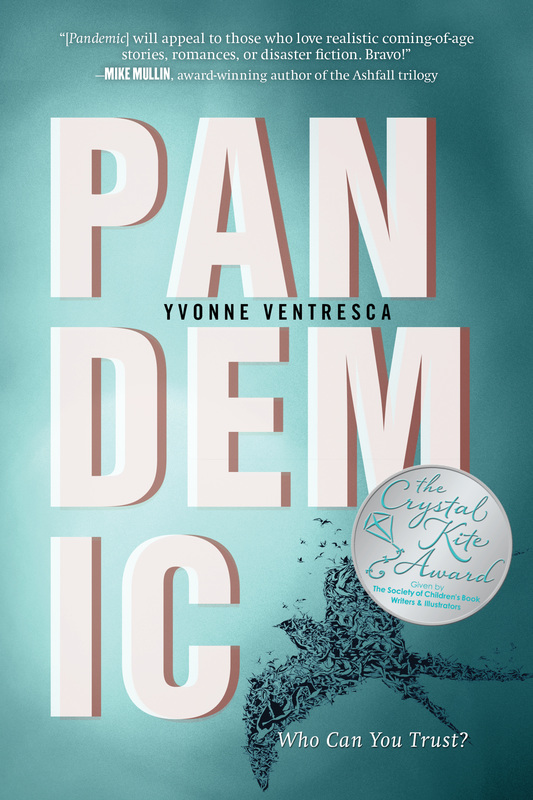
This month's question:
Since it's back to school time, let's talk English class. What's a writing rule you learned in school that messed you up as a writer?
I don’t remember any particularly bad writing rules, but I do remember hating homework with a specified word count. If I reached 290 words of a 300-word assignment, I would add “very” ten times. This didn't strengthen my writing, and since the homework was written by hand, the additional words were probably, in hindsight, unnecessary. (I can’t imagine the teacher manually counting each word.) Luckily, this technique didn’t result in any very bad writing habits. 😊

Sometimes I struggle with getting started for the day. One of Isaac Newton's principles is that an object in motion tends to stay in motion. If that's the case, how can we make it easier to begin the motion of writing?
One idea is to set a timer for a short amount of time. (Ali Abdaal recommends five minutes in Feel Good Productivity. I tend to use fifteen.) When the timer ends, give yourself permission to stop writing if you want. But more sessions than not, it's easier to keep going once you overcome the inertia. "The idea behind the rule is that taking the first step is often the most challenging part of any task," Abdaal says.
I print the questions on slips of paper and put them in a bowl. If I’m stuck writing, I pull a question and focus on a scene that answers it. You can put writing prompts on the slips of paper, too. I find that the random nature of choosing a question brings joy to the process.
 Question bowl and candle with matches
Question bowl and candle with matches I also recommend keeping a notepad (or document) nearby to track all of the things that invariably pop into your head. Research can often be done at a later date, and having a place to save ideas keeps you focused on the actual task at hand. (Recent thoughts on my notepad included: What sandals are most comfortable for long walks? Do we still have paint to touch up the kitchen? I need to buy more candles....) If you're tempted to go online during writing time, putting your computer in airplane mode can help.
Lastly, track time, not words, especially during revision. Revision means wordcount often goes down. And for me, tracking wordcount can lead to rushing through the writing to reach the goal. But if I’m going to work for two hours regardless of the wordcount, I might as well do my *very* best work during that time.
Feel free to share your own tips for
getting started in the comments.








 RSS Feed
RSS Feed